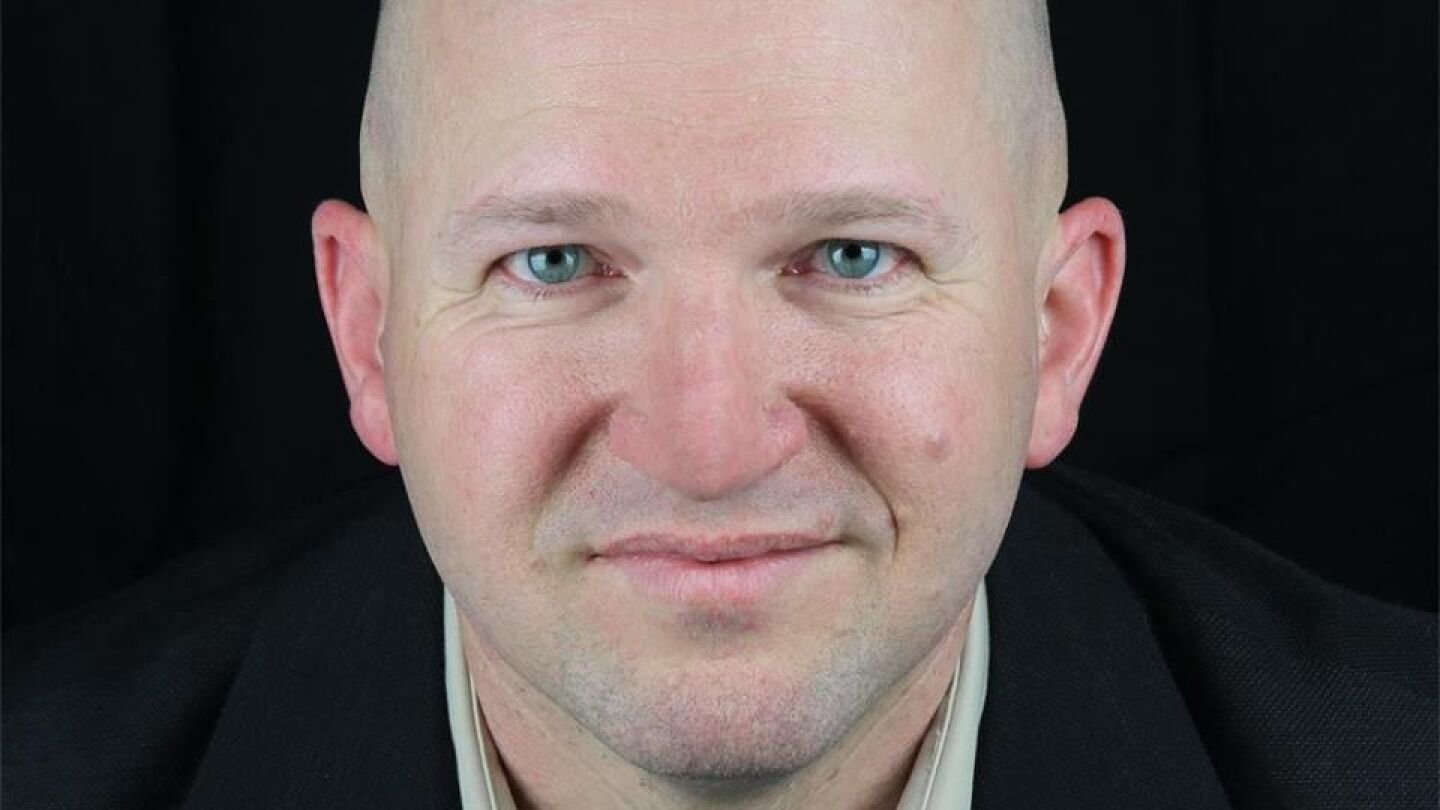If you grew up hearing “we can’t afford it,” money rules still shape your day. Some keep you safe. Others hold you back. The trick is telling which is which, then updating the ones that no longer serve you.
You are not “bad with money.” You learned to survive. That training shows up as quick reactions, like price scanning or stashing every free thing. With a little awareness, you can keep the skills that help and retire the habits that drain you.
Think of this as a gentle audit. You will spot patterns, try small swaps and build confidence. One step at a time is enough.
You Over-Compare Prices For Tiny Purchases
Spending ten minutes choosing between two soaps that cost almost the same feels smart in the moment. It can also be analysis paralysis. When money felt tight, comparing every cent helped you stretch. Now it may cost you time, focus and peace.
Also Read
10 Phrases That Sound Supportive But Are Actually a Subtle Sign of Manipulation
Research on scarcity shows that worry about money can shrink your mental bandwidth. That makes small choices feel huge. One widely cited PNAS study found that financial strain can tax attention and decision-making, which is why a tiny price gap can steal your afternoon.
Still, you do not have to abandon smart shopping. Set a fast rule. For example, if the difference is under a dollar, pick the brand you like or the one on the shelf. Save your detailed comparing for big items, like a phone or a bed.
Try this: Give yourself a two-minute timer for small buys. When it rings, choose and move on.
You Save “Good” Stuff For Someday
Growing up, special items were rare. You learned to protect them. So you save the nice candle, the fancy tea, or the new hoodie for a day that never arrives. The intention is care. The result is a shelf of things you never enjoy.
Also Read
People With Low Emotional Intelligence Often Miss These 6 Social Cues
Here is a tiny flip. Use the “good” thing first. Then work backward. Light the candle on a random Tuesday. Drink the special tea on your lunch break. You turn save it for best into “make average days better,” which is what the good stuff was for.
You Hoard Freebies And Leftovers
Free hotel shampoos, extra napkins, condiment packets and three sweater giveaways from work. It looks like thrift and sometimes it is. It can also be freebie hoarding that clutters your space and blocks the things you actually use.
Sometimes, the real driver is fear of waste. You do not want to throw money away. So you keep what cost nothing. The twist, leftover clutter still costs time. You sift, stack and store it. That invisible tax adds up.
Try a simple filter that checks need, space and usefulness. If it fails any one, let it go. If it passes, give it a home you will remember.
- Keep no more than one month of extras you truly use.
- Donate sealed items in good condition to a local pantry.
- Toss anything sticky, expired, or mystery.
You Default To The Cheapest, Not The Best Value
When every dollar mattered, the cheapest option felt like the only option. You built a strong reflex, pick the lowest price. That habit can backfire. Some “deals” break fast, or they need more refills, or they waste hours returning.
Also Read
10 Phrases That Sound Supportive But Are Actually A Subtle Sign Of Manipulation
Think in terms of total life cost. Price is one part. Add quality, time, warranty and energy. That is how you avoid the false economy trap. A pair of shoes that lasts three years might beat two pairs that fall apart in eight months.
Also, pay attention to what you actually value. If the cheaper blender struggles and you cook daily, the “expensive” one may be the truer bargain. You are choosing a result, not just a receipt. Over time, this builds a calm, value-first mindset.
You Feel Guilty Spending On Yourself
Spending on others felt noble. Spending on yourself felt selfish. That script kept you safe before. Now it can block basic care. You skip a class that would help your back. You avoid a haircut that would lift your mood. The guilt speaks louder than reason.
Tip: Reframe a small purchase as maintenance, not luxury. A quality water bottle, a supportive pillow, or fresh socks is not indulgence. It is spending guilt checked by a useful question, “Will this help daily me?” If yes, proceed without the apology tour.
Also Read
8 Cringey Phrases Older Relatives Use at Family Dinners That Younger Guests Dread
You Keep Broken Things “Just In Case”
One day you might need that wobbly chair. Or that cracked phone case. Or the lamp with no shade. Keeping extras felt smart when replacement was not certain. Today, the just in case box may be a quiet stress engine that steals space and signals scarcity.
Start small. Pick a single shelf. Label three piles, fix, repurpose, release. If the repair costs more than half the item’s value, release it. If repurposing takes tools or time you do not have, release it. The goal is space that works, not a museum of “maybe.”
Plus, give yourself a number. Two spare jars is fine. Twenty is a trip hazard. A limit sets you free because the decision is made ahead of time.
Finally, keep a short “to fix” list that fits your week. If an item sits there for a month and still bugs you, it is a vote to let it go. Clarity beats clutter every time.
Also Read
8 Situations Where the Best Thing to Do Is Stay Silent and Walk Away
You Hide Cash At Home Instead Of Using Banks
When banks felt risky, home felt safe. So you tuck bills in books, jars and old lunch boxes. The habit is about trust. It can also make money easy to lose or forget. Cash fades, gets damaged, or tempts quick spending.
Consider safer containers for your effort. A basic account with clear terms can protect you better than a sock drawer. Look for transparent fees and simple tools like alerts. The point is not to “do money the fancy way.” The point is to make your protection automatic.
Also, set a small cash cap at home. Enough for a power outage or a quick errand is fine. Anything above that goes to a place with real safeguards. Over time, you retire the cash under the mattress script without shaming past you.
You Avoid Services And Perks You Already Pay For
Another quiet legacy of scarcity is skipping help you already have. You bought the membership, but you never book the class. Your phone plan includes cloud storage, but you never back up. The card has perks, but you do not use them. Unused benefits are lost value.
Set a monthly “use your stuff” check. Open accounts, scan what is included and pick one perk to try. A warranty claim on that glitchy toaster, a free refill that saves a trip, or a streaming credit you forgot. Turning on unused benefits builds a loop, you notice, you use, you save energy.






